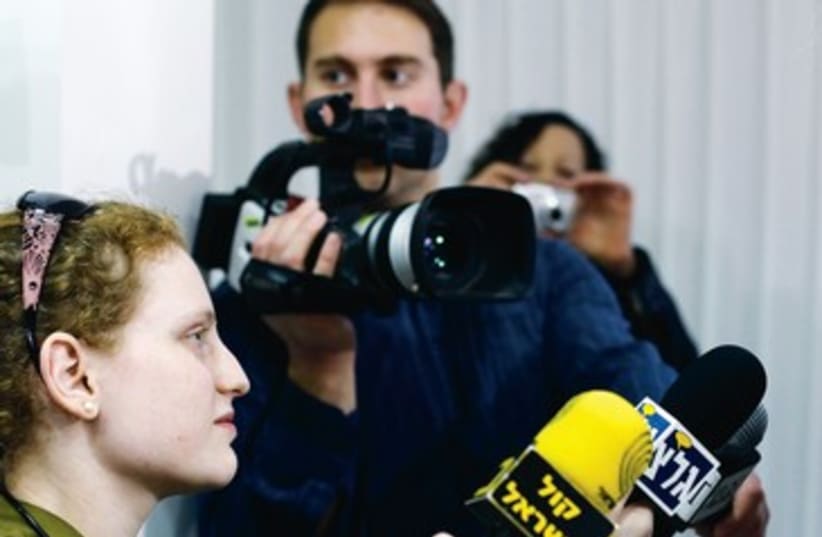The authors are respectively vice chairman and chairman of Israel’s Media Watch, www.imw.org.il.
Media Comment: Fact or fantasy?
Israel’s Supreme Court decided last week to reverse a two-year old decision against media celebrity Dr. Ilana Dayan.

The authors are respectively vice chairman and chairman of Israel’s Media Watch, www.imw.org.il.